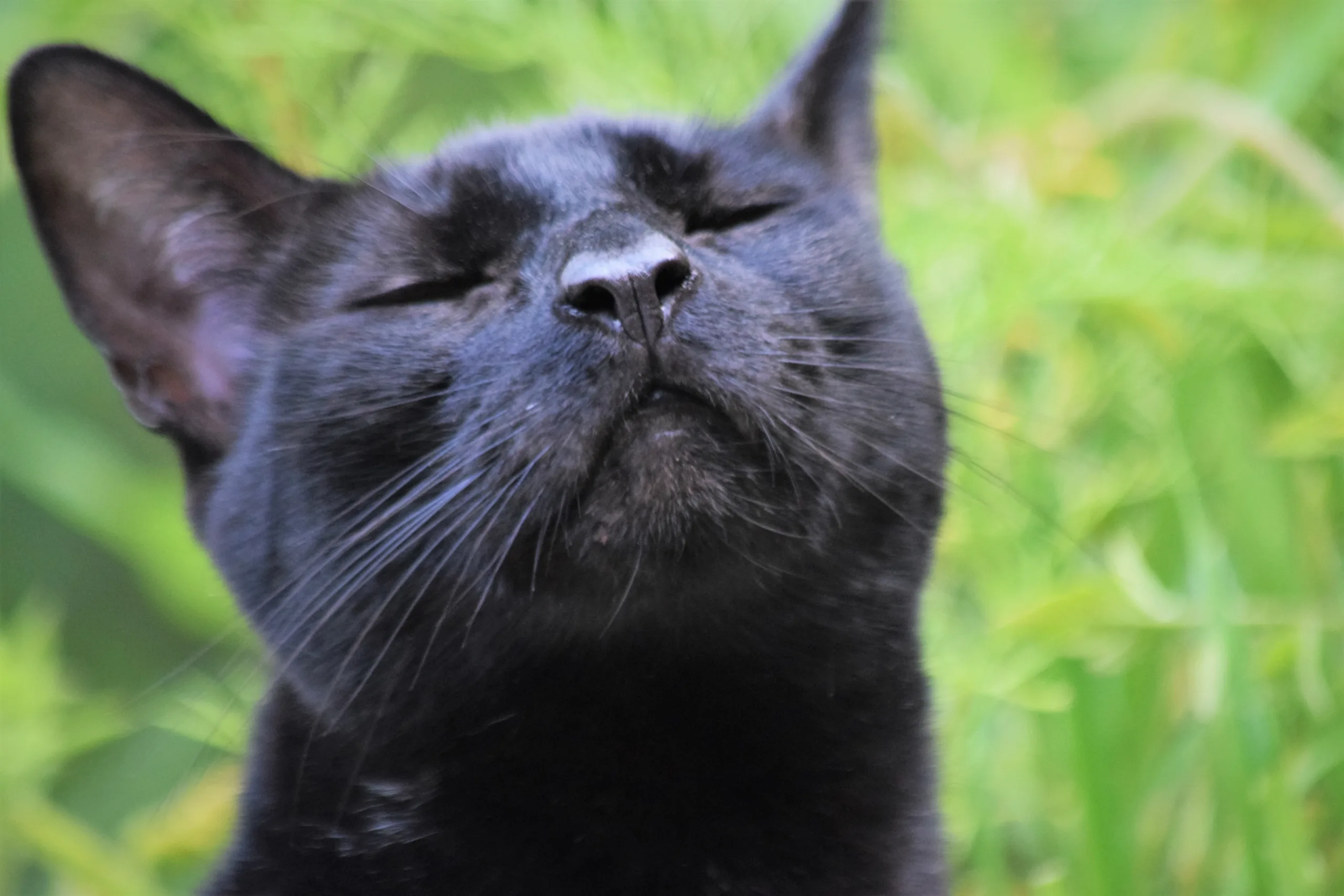What Essential Oil Do Cats Hate? Cats, with their keen sense of smell and unique sensitivities, often have strong reactions to various scents. Essential oils, commonly used for aromatherapy and relaxation in humans, can evoke different responses in our feline friends. While some scents are pleasant and safe, others can trigger aversion and discomfort in cats. In this article, we’ll explore essential oils that cats tend to avoid, delve into their preferences, and provide insights into ensuring a safe and harmonious environment for your furry companion.
For more about cats click here
Scents That Cats Stay Away From
**1. Citrus Essential Oils:
- Citrus oils, such as orange, lemon, and grapefruit, have strong and often overwhelming scents that many cats dislike. Cats’ aversion to these scents is likely due to their intense nature.
**2. Peppermint Essential Oil:
- Peppermint oil is known for its invigorating and potent aroma. While some cats might tolerate it, many tend to avoid the sharp and menthol-like scent.
**3. Eucalyptus Essential Oil:
- Eucalyptus oil’s strong scent, often associated with cold remedies, can be off-putting for cats. Its camphoraceous aroma might be overwhelming for their sensitive noses.
**4. Tea Tree Essential Oil:
- Tea tree oil, also known as melaleuca oil, has a strong and distinct smell that many cats find unpleasant. It’s advisable to avoid using this oil around cats.
**5. Lavender Essential Oil:
- While some cats might tolerate lavender oil, others can find its floral scent overpowering. It’s essential to use lavender oil with caution and observe your cat’s reaction.
Aversion to Certain Scents: Why Cats Dislike Essential Oils
**1. Sensitive Olfactory System:
- Cats possess an incredibly sensitive sense of smell, which plays a crucial role in their survival and communication. Strong scents, especially those in concentrated forms like essential oils, can overwhelm their senses.
**2. Natural Instincts:
- Cats are natural predators, and their aversion to certain scents might be rooted in their instincts. Many of the oils cats dislike are reminiscent of scents found in plants that cats avoid in the wild.
**3. Phenolic Compounds:
- Some essential oils, including peppermint and eucalyptus, contain compounds known as phenols. These compounds can be irritating and overpowering for cats’ sensitive respiratory systems.
Ensuring Feline Safety: Essential Oils and Cats
**1. Dilution and Diffusion:
- If you choose to use essential oils in your home, ensure proper dilution and use a diffuser to disperse the scent gently. This can minimize the risk of overwhelming your cat.
**2. Observation and Caution:
- Observe your cat’s reactions to scents, and if you notice signs of discomfort or avoidance, discontinue using the oil. Cats’ well-being and comfort should always take precedence.
**3. Consulting a Veterinarian:
- Before introducing any new scents or oils into your home, consult your veterinarian. They can provide guidance on safe practices and suggest alternatives if needed.
FAQs
What essential oils do cats hate the most? Cats tend to dislike strong scents like citrus oils, peppermint oil, eucalyptus oil, tea tree oil, and lavender oil.
What smell do cats hate the most? Cats have a natural aversion to strong, overpowering scents that are commonly found in essential oils like citrus, peppermint, and eucalyptus.
Why do cats hate peppermint oil? Peppermint oil has a potent and sharp scent due to its high menthol content. Cats have sensitive olfactory systems, and the intensity of peppermint oil’s scent can be overwhelming for them.
Is lavender oil toxic to cats? Lavender oil is not inherently toxic to cats, but it can be irritating for their sensitive respiratory systems. Some cats might tolerate it better than others, but caution should be exercised when using it around cats.
Is it OK for cats to smell peppermint oil? While some cats might tolerate the smell of peppermint oil, others can find it overwhelming. It’s advisable to observe your cat’s reaction and avoid using the oil if they show signs of discomfort.
Creating a Cat-Friendly Environment
Understanding cats’ preferences and sensitivities when it comes to scents can help you maintain a harmonious living space. While some cats might have varying tolerances to certain scents, it’s always best to prioritize their well-being and comfort. By using essential oils with caution and ensuring proper ventilation, you can ensure a safe and welcoming environment for your feline companion.
External Links:
FAQs:
- What essential oils do cats hate the most? Cats tend to dislike strong scents like citrus oils, peppermint oil, eucalyptus oil, tea tree oil, and lavender oil.
- What smell do cats hate the most? Cats have a natural aversion to strong, overpowering scents that are commonly found in essential oils like citrus, peppermint, and eucalyptus.
- Why do cats hate peppermint oil? Peppermint oil has a potent and sharp scent due to its high menthol content. Cats have sensitive olfactory systems, and the intensity of peppermint oil’s scent can be overwhelming for them.
- Is lavender oil toxic to cats? Lavender oil is not inherently toxic to cats, but it can be irritating for their sensitive respiratory systems. Some cats might tolerate it better than others, but caution should be exercised when using it around cats.
- Is it OK for cats to smell peppermint oil? While some cats might tolerate the smell of peppermint oil, others can find it overwhelming. It’s advisable to observe your cat’s reaction and avoid using the oil if they show signs of discomfort.
